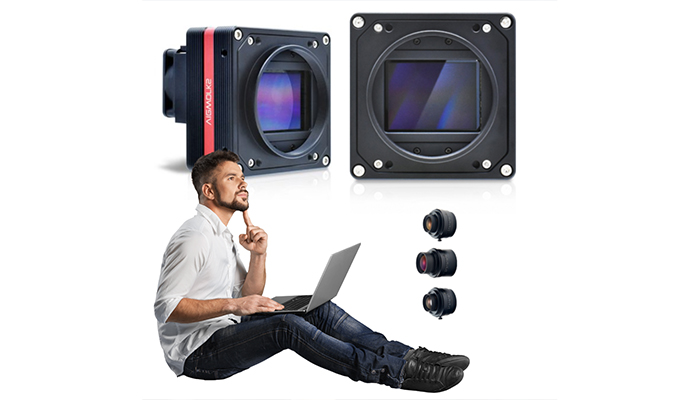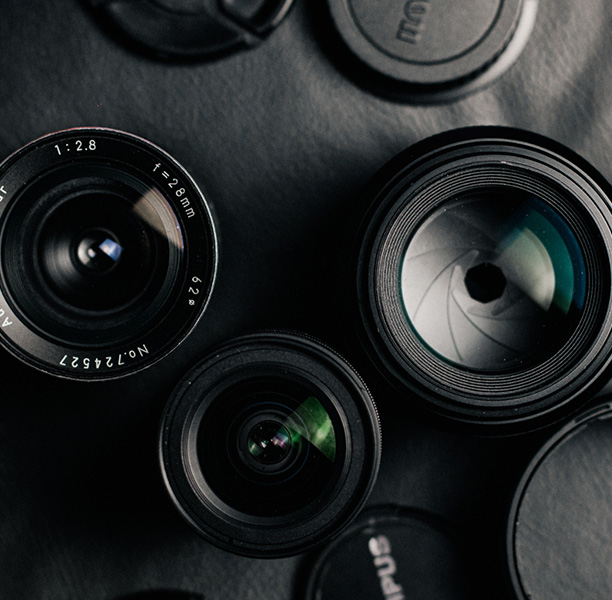Industrial cameras have become increasingly popular in recent years, thanks to their ability to capture high-quality images in challenging environments. However, if you’re new to exploring industrial camera models, it can be overwhelming to navigate the options available. In this article, we’ll provide some newbie tips for exploring these industrial models that will help you make an informed decision and choose the right industrial camera for your needs.
Know Your Application
Before you start exploring different industrial camera models, it’s essential to understand your application’s requirements. What type of images do you need to capture? What are the lighting conditions like in your environment? What are your speed and resolution requirements? Understanding your application’s unique needs will help you narrow down your search and select a camera that is best suited to your requirements.
Consider the Sensor
The sensor of your preferred line scan camera is one of the most critical components of an industrial camera, and it’s essential to understand the different types of sensors available. CCD (charge-coupled device) sensors are known for their excellent image quality, while CMOS (complementary metal-oxide-semiconductor) sensors are more affordable and offer faster readout speeds. It’s important to consider your application’s requirements and weigh the pros and cons of each sensor type to make an informed decision.
Pay Attention to Lens Selection
The lens is another critical component of an industrial camera, and choosing the right lens is essential to achieving the best possible image quality. There are many different types of lenses available, including fixed focal length lenses, zoom lenses, and varifocal lenses. It’s important to consider your application’s requirements and select a lens that is best suited to your needs.
Understand Camera Interface Options
Industrial cameras typically offer several interface options, including USB, GigE, and Link for the high speed camera device. Each interface has its pros and cons, and it’s important to understand the differences to make an informed decision. USB interfaces are affordable and easy to use, while GigE interfaces offer faster data transfer speeds and longer cable lengths. Camera Link interfaces offer the highest data transfer rates but are generally more expensive.
Consider Image Processing Options
Many industrial camera models offer onboard image processing options, such as gain control, auto-exposure, and white balance. These features can help you achieve the best possible image quality and simplify your workflow. It’s important to consider your application’s requirements and weigh the pros and cons of different image processing options to make an informed decision.
Look for a Reputable Vendor
When exploring line scan camera models, it’s essential to work with a reputable vendor that can provide support and guidance throughout the process. Look for a vendor that has experience working with industrial cameras and can provide technical support, training, and troubleshooting assistance. A reputable vendor will also be able to provide you with a warranty and ensure that you receive the best possible customer service.
In conclusion, exploring industrial camera models can be an overwhelming experience, but by following these newbie tips, you can make an informed decision and select the right camera for your needs. Remember to understand your application’s requirements, consider the sensor and lens options, understand camera interface options, consider image processing options, and work with a reputable vendor. By doing so, you can ensure that you achieve the best possible image quality and get the most out of your industrial camera.
If you’re interested in exploring industrial camera models, contact us today to learn more about our selection of high-quality industrial cameras and receive expert guidance throughout the process. Our team of experienced professionals can help you choose the right camera for your needs and provide you with the support and guidance you need to achieve the best possible image quality. Visit the website of Voltrium systems to learn more.


